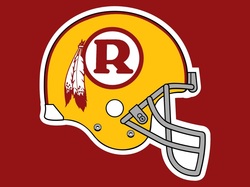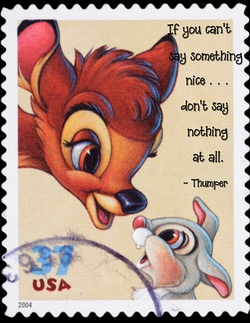
Everyone is familiar with Monopoly. Many a family have bonded, torn each other to shreds, and reconciled over a game of Monopoly (sometimes even in a single sitting). It has been an icon of “game night” for years and has been the defining centerpiece of coffee tables and hallway closets for years. And as if that wasn’t enough to pique the interest of even the most bored-of-board game types, McDonald’s annual Monopoly promotion provides a delicious and addicting extension of the game. Elsewhere, you can find Monopoly branded slot machines, an all-purpose calculator, cuff links, and even bathroom fixtures and towels. That has to cover pretty much all bases.
Given all these marketplace identifiers, one would suspect that the brand MONOPOLY is a solid name and not subject to any kind of challenge, especially that the name is “generic” for any type of board game. The hallmark of a generic name is one that broadly identifies a category of products (in this case, board games that put players together in a quasi-free market to buy and sell properties), usually because consumers don’t know any other way to identify the product without using the name. Without ties to a single company as the source of a product, a generic name is available for general use by the marketplace.
Yet that is exactly what a slew of court opinions found in the 1970s when an activist professor sought to name his board game Anti-Monopoly as part of a campaign to inform consumers about the ill-effects a monopoly could have on a marketplace. How could a brand with a 40-year history of success in the U.S. and abroad, with an exclusive hold as the identifier for a special type of board game be in doubt?













 RSS Feed
RSS Feed